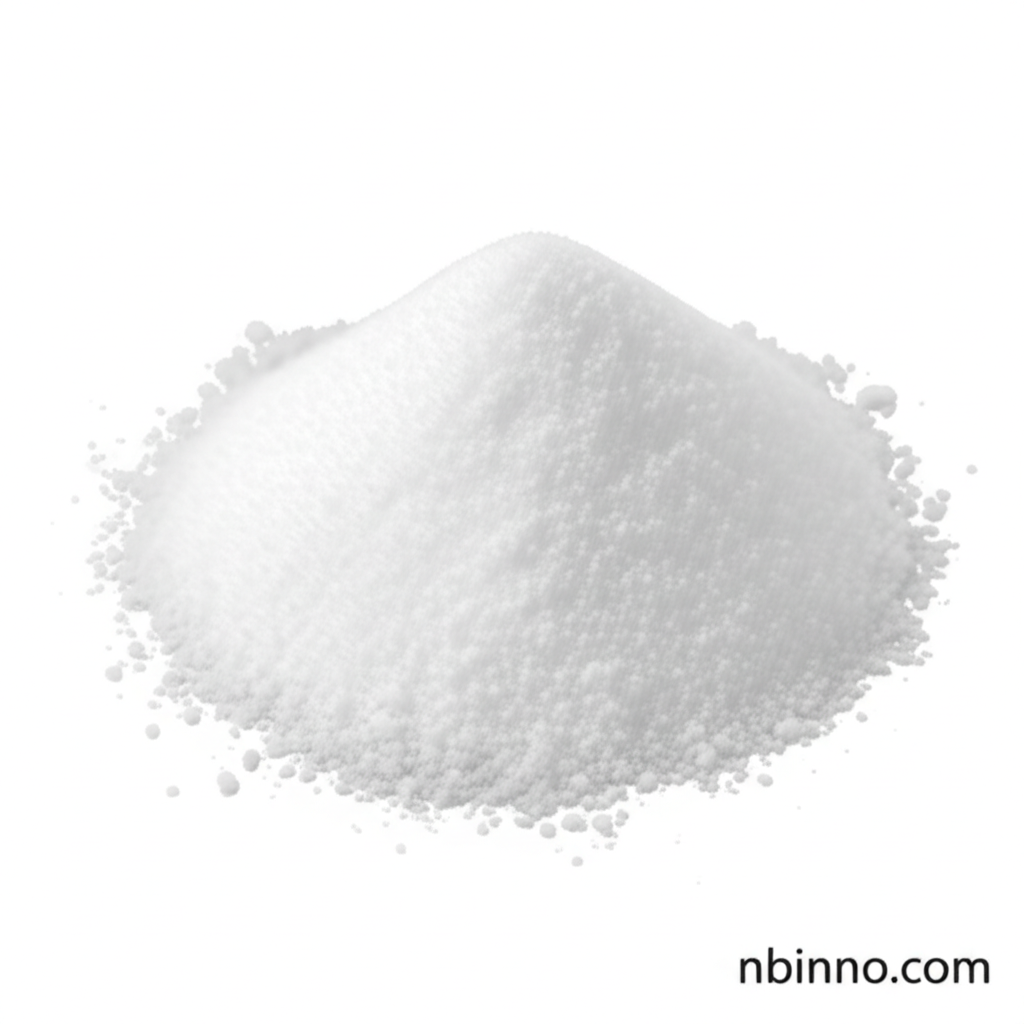2,2'-Cyclouridine: A Potent Antiviral and Anticancer Research Tool
Discover the critical role of 2,2'-Cyclouridine in advancing antiviral and anticancer drug discovery.
Get a Quote & SampleProduct Core Value

2,2'-Cyclouridine
2,2'-Cyclouridine (CAS: 3736-77-4) is a vital chemical compound employed as a research tool for its significant potential in antiviral and anticancer studies. Its mechanism of action involves the inhibition of uridine phosphorylase, a key enzyme targeted in the development of several antitumor drugs, making it an invaluable asset for pharmaceutical research.
- Explore the 2,2'-Cyclouridine antiviral research applications, understanding how its unique properties contribute to the fight against viral infections.
- Delve into the 2,2'-Cyclouridine anticancer mechanism, detailing its role in inhibiting crucial enzymes for drug development.
- Access high-quality 2,2'-Cyclouridine for pharmaceutical research, ensuring reliable results in your studies.
- Investigate the CAS 3736-77-4 chemical properties to understand its stability, solubility, and handling requirements for optimal laboratory use.
Key Advantages
Enhanced Research Efficacy
Utilize 2,2'-Cyclouridine to advance your antiviral research, providing a reliable tool for mechanistic studies and drug screening.
Targeted Anticancer Studies
Leverage the specific anticancer mechanism of 2,2'-Cyclouridine to explore novel therapeutic pathways and drug targets in oncology.
Quality Assurance
Benefit from high purity 2,2'-Cyclouridine for pharmaceutical research, ensuring reproducible and accurate experimental outcomes.
Key Applications
Antiviral Drug Development
As a key player in 2,2'-Cyclouridine antiviral research, this compound aids in the discovery and development of novel agents against viral diseases.
Oncology Research
The precise anticancer mechanism of 2,2'-Cyclouridine makes it instrumental in exploring new treatments for various cancers.
Pharmaceutical Synthesis
As a crucial pharmaceutical intermediate, understanding its synthesis route is vital for scalable production and research accessibility.
Biochemical Analysis
The detailed CAS 3736-77-4 chemical properties support its use in various biochemical analyses, aiding researchers in understanding its interactions within biological systems.
